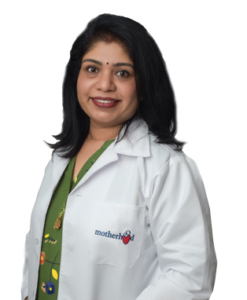
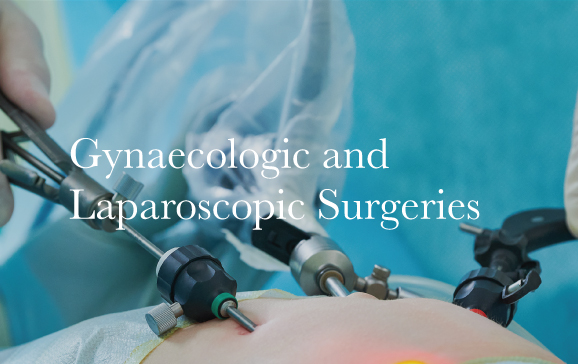
- Gynecological Surgeries
- Laparoscopic Surgeries
- Intrauterine Contraceptive Devices
- Tubal Ligation
- Adhesiolysis
- Hysteroscopy And Polyps
- Laparoscopic-Oophorectomy
- Laparoscopic-Treatment-For Ectopic Pregnancy
- Radical-Hysterectomy
- Bilateral-Endometriotic Cyst Treatment
- Laparoscopic Myomectomy
- Laparoscopic Ovarian Cystectomy
- Laparoscopic-Tubal Ligation Aftercare
- Uterine-Prolapse
- Hysteroscopic-Resection-Of Submucosal Fibroids
- Laparoscopic-Hysterectomy
- Pelvic-Inflammatory Disease Pid
- Vaginal-Vault Prolapse Repair
- Gynecological Surgeries
- Laparoscopic Surgeries
- Intrauterine Contraceptive Devices
- Tubal Ligation
- Adhesiolysis
- Hysteroscopy And Polyps
- Laparoscopic-Oophorectomy
- Laparoscopic-Treatment-For Ectopic Pregnancy
- Radical-Hysterectomy
- Bilateral-Endometriotic Cyst Treatment
- Laparoscopic Myomectomy
- Laparoscopic Ovarian Cystectomy
- Laparoscopic-Tubal Ligation Aftercare
- Uterine-Prolapse
- Hysteroscopic-Resection-Of Submucosal Fibroids
- Laparoscopic-Hysterectomy
- Pelvic-Inflammatory Disease Pid
- Vaginal-Vault Prolapse Repair
Endometriotic Cyst Treatment
The lining of the uterus is called endometrium. For reasons Ovary this type of tissue could begin to grow in other regions – bladder, fallopian tubes, or peritoneum (the lining of the pelvis and abdomen). This condition is referred to as endometriosis.
With endometriosis, the endometrial-like tissue coagulates, breaks into smaller pieces and bleeds along with the menstrual cycle. The tissue has no way to get out of the body and is trapped. When endometriosis involves the ovaries, it forms cysts termed as endometriomas. In some cases, the surrounding tissue gets affected and could eventually develop scar tissue or adhesion, strips of fibrous tissue that could cause sections of the pelvis or other organs to adhere to each other. These cysts could develop in only one ovary or in each of the ovaries. They could also be small or grow as large as up to 8 inches.
Endometriosis can cause severe pelvic pain particularly during periods. Also there is a possibility that fertility problems may develop making it harder for women to get pregnant. The condition could retard the ovaries from functioning as they normally should. However when addressed in time, the condition can be treated effectively.
Symptoms
Endometriosis commonly causes stubborn pain in the lower belly. This can be distinctly visible before periods and also result in heavy bleeding. The woman may also experience pain during sex.
Some women with an endometrial cyst could notice a kind of pressure and in other cases it may be detected only during a pelvic exam or ultrasound.
Diagnosis
The doctor will begin by checking for symptoms, pain and the area of pain or discomfort. This will be followed up by a pelvic exam where areas of the belly will be pressed to be able to feel the cyst. The doctor will usually plan on further investigations in the form of an imaging test such as ultrasound or MRI which offers a more detailed picture of the region. The doctor will also run a few blood investigations to check for infection, pregnancy or cancer.
For a clearer assessment of the endometrial cyst, the doctor may prefer to conduct a laparoscopy. Around, the doctor will make an incision (cut) in the belly button and insert a camera to get a clear view of the cysts, estimate the size and on the best treatment approach.
Treatment options
The doctor will consider the age of the patient, the pain situation and whether the patient is planning on conceiving in the future. Treatments will be decided based on this with the following options considered.
Observation: If there is no pain and the cyst is small in size, the doctor may advise on waiting for about 8 weeks to see if it disappears on its own. An ultrasound test is done to confirm if it is receding.
Medication
The doctor may recommend OTC pain medication such as NSAIDS or ibuprofen or naproxen for relief from menstrual cramps. Medications may be recommended to shrink the cyst. These are referred to as ‘GnRH agonists’ and place the body in temporary menopause mode. This results in the ovaries ceasing to produce estrogen, which eases the patient’s symptoms. These medications cause side effects similar to what a menopause does – hot flashes, loss of bone density, and reduced sex drive and they should not be taken if one is trying to conceive.
Hormones could be effective in easing the pain due to endometriosis. Hormone level fluctuation during periods causes the endometrial implants to coagulate, splinter and bleed. The medication could slow the growth of endometrial tissue and prevent the creation of new tissues.
Surgery: If the pain does not subside, medications don’t work or if the cyst is bigger than 1.5 inches, the doctor may consider the surgical option to ensure the cyst does not break open or twist which would cause complications.
The doctor drains the fluid out of the cyst and in some cases recommends removing the entire cyst. This would ease the pain and also prevent other cysts from growing. If the patient confirms that she has no plans of conceiving further, the doctor may consider removing the ovaries or even the uterus along with a procedure called hysterectomy.
If you are suffering from abdominal pain or any other discomfort, do check this out by consulting our specialists at Motherhood Hospitals. All our centres are equipped with advanced equipment and have highly experienced doctors who will diagnose and recommend the best treatment option to ensure you lead an active life.
DOCTORS
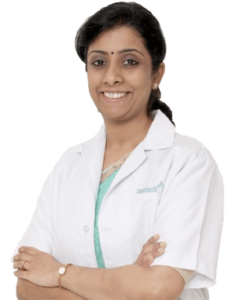
Dr. Kavya Krishna Kumar
MBBS, FMAS, MS
Consultant - Obstetrics & Gynaecology
Alwarpet, Chennai
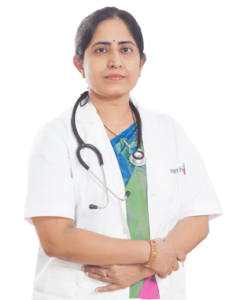
Dr. Sireesha Reddy
MBBS, CCT, MD (OBG), FRCOG
Consultant - Obstetrics & Gynaecology
Bangalore, Hebbal
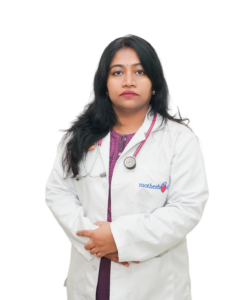
Dr. Dhanalakshmi R.
MBBS, DNB (Paediatrics), MRCP CH, Followership in Neonatal Neonatal medicine(UK), PGPN (USA), IPPN, ACLP
Consultant - Neonatology & Paediatrics
Bangalore, HRBR Layout






























































 Toll Free Number
Toll Free Number







